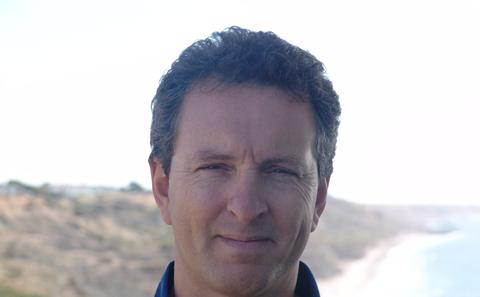Hybrid technology for marine applications and the hour of power Seminar

- Time:
- 12:00 - 13:00
- Date:
- 18 February 2016
- Venue:
- University of Southampton, Boldrewood Innovation Campus, Building 176, Room 2013
For more information regarding this seminar, please telephone Dr Yeping Xiong on +44 (0)23 80596619 or email Y.Xiong@soton.ac.uk .
Event details
Hybrid technology is being utilised by many transport sectors and industries around the world. The marine industry is now recognising the potential of utilising hybrid power and innovative propulsion systems for vessels in the sub IMO / sub 24 metre professional sector. The Hour Of Power concept enables vessels to run in and out of port for an hour on electric with battery power - then carry out their open sea work on diesel power. The aim of this innovative hybrid solution is to enhance conventional power and propulsion systems. Vessels can reduce emissions and improve fuel consumption whilst extending engine maintenance periods and engine life. The Hour Of Power focuses on viable hybrid solutions linked to vessel work cycles and engine duty cycles. For commercial and professional organisations the concept of running vessels with zero emissions at up to 10 knots for one hour will shape decisions that lead to improvements of in-service systems and procurement of next generation vessels. The overall objective is fuel saving, reduced emissions, additional redundancy and improved efficiency by all means. Certain maritime sectors are potentially well suited to hybrid diesel / electric systems. These include ferries, harbour tugs, pilot boats that have relatively consistent duty cycles. The Hour Of Power concept lends itself to Wind Farm Service Vessels (WFSV) operating in the ongoing wind farm maintenance phase. For military applications hybrid systems, including battery / electric with diesel, are relevant to patrol, interception, loitering and autonomous vessel duty cycles. As Hybrid technology is generally scalable, proving in the sub 24 metre sector will enable scaling to larger vessels. An example is WFSV applications scaling to offshore supply and patrol vessels.
Speaker information
John Haynes, Shock Mitigation. HYBRID: Organiser of conferences including: Hybrid Marine Power & Propulsion (2015) / Next Generation Marine Power & Propulsion (2016). December 2015 presented to high level DNV-GL oil & gas industry group in New Orleans on ‘Hybrid Opportunities for Workboats’. January 2016 presented to Superyacht Forum on ‘Hybrid Opportunities for Superyachts’. Associate Fellow of The Nautical Institute, Commercial Yachtmaster Ocean, Advanced Powerboat Instructor. Subject matter expertise includes 30 years professional sector training / consultancy / product development – focussed on the sub IMO / sub 24m sector. Chairman of conferences for RINA and IQPC. Specialist articles on future requirements / new technology for international publications including: Ship & Boat International (RINA), Maritime Pilot Journal, Seaways, Maritime Reporter, Marine Link, Marine News, Maritime Journal, Powerboat & RIB, Yachting Matters (Superyacht), Defence Management Journal, Defence IQ. Founder of the RIB and High Speed Craft Directory www.ribandhsc.com